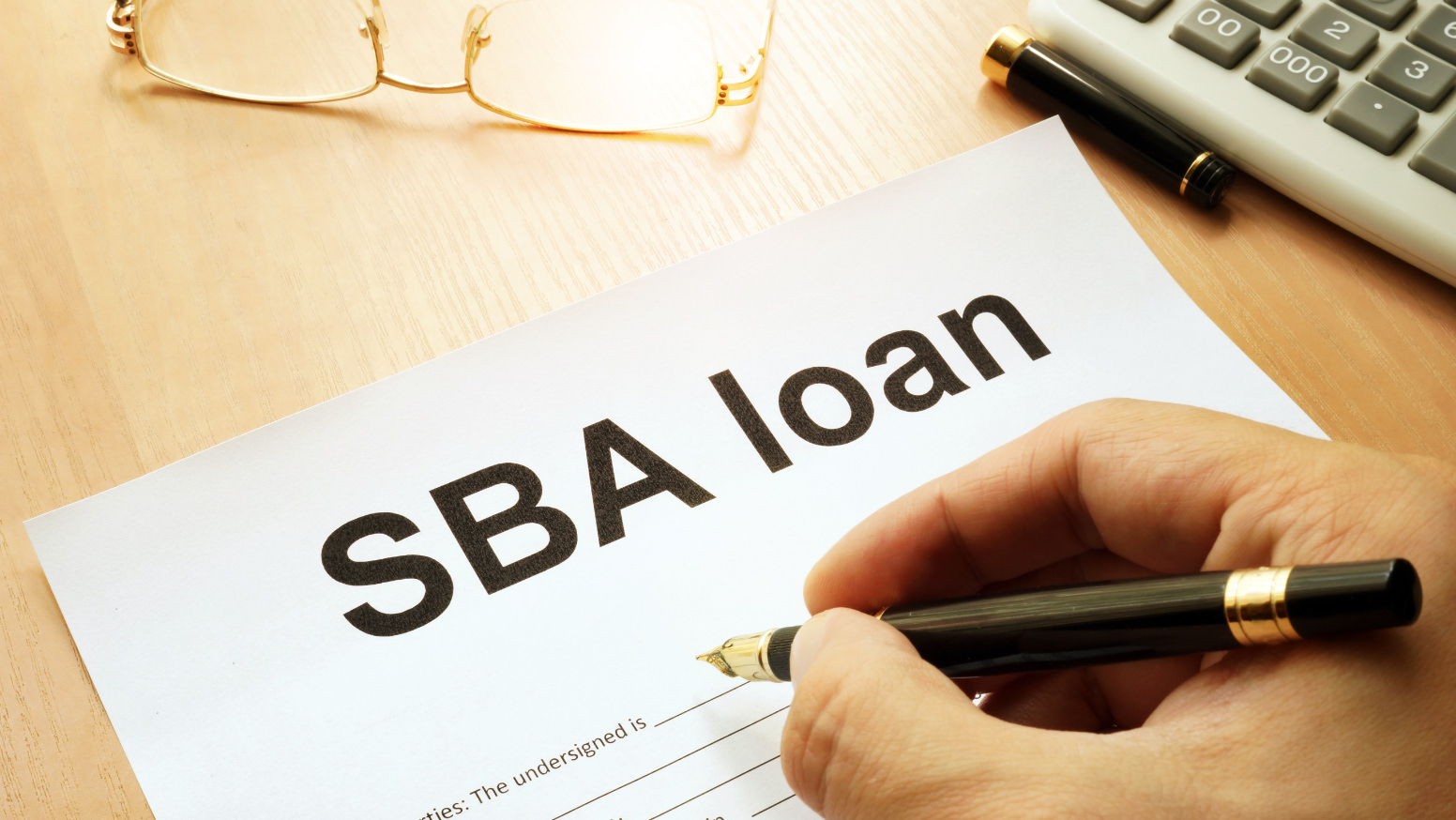There is really no way to know. Period. There are so many variables:
1. Who handles your file;
2. What SBA office is handling your file;
3. Your level of cooperation with the lender, both real and perceived;
4. Whether you have liquid assets vulnerable to traditional collection methods.
In general, the following factors will impact the likelihood of settling with the SBA:
1. The amount of the Deficiency Balance;
2. Whether a Bankruptcy would shield some or all of the Guarantor’s assets;
3. The Guarantor’s net worth, including exempt retirement assets.
4. What would a wage garnishment yield over 5 years?
5. Is the Guarantor really likely to file bankruptcy or is it a bluff;
6. The Guarantor’s health or special circumstances (e.g., hardship);
7. The costs of collection, and in particular, the likely ROI on collection activities.
In short, the SBA, like the IRS, already sees the exposed assets you have pledged as the baseline of any offer. What they want is more. The SBA is looking for an Offer, usually a lump-sum offer, that is better than any alternative that can be obtained through enforced collection activities that consume time and money and may carry an uncertain outcome.
The hard truth is that thousands of businesses fail every year and not everyone will settle with the SBA. But, the SBA Offer in Compromise represents a powerful alternative to bankruptcy in many cases.

